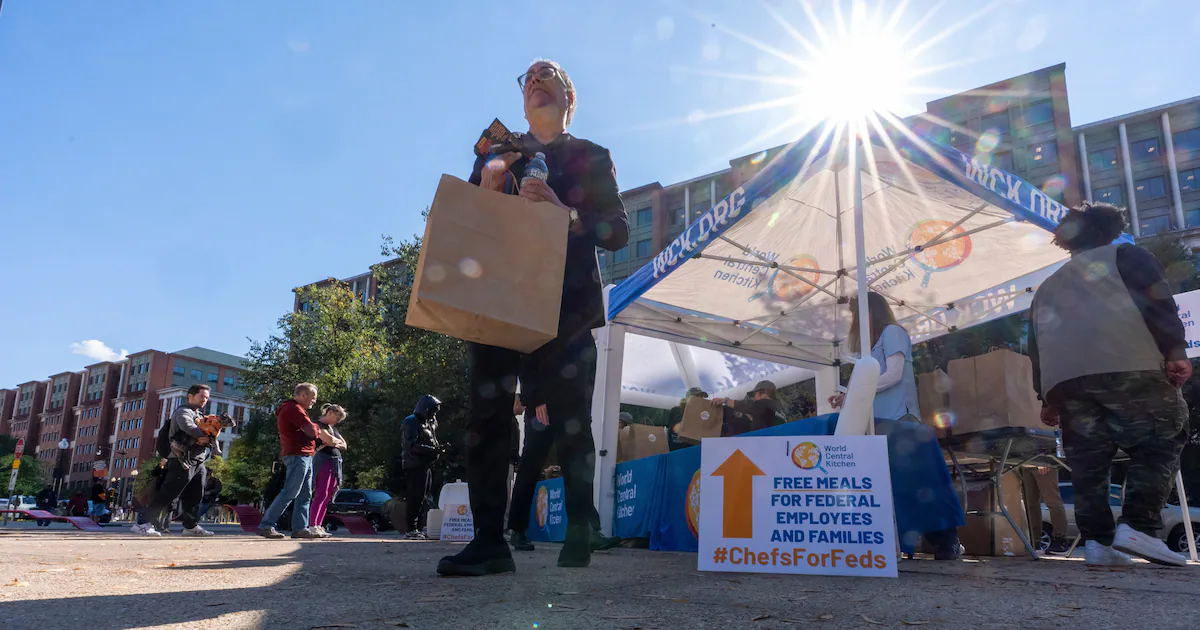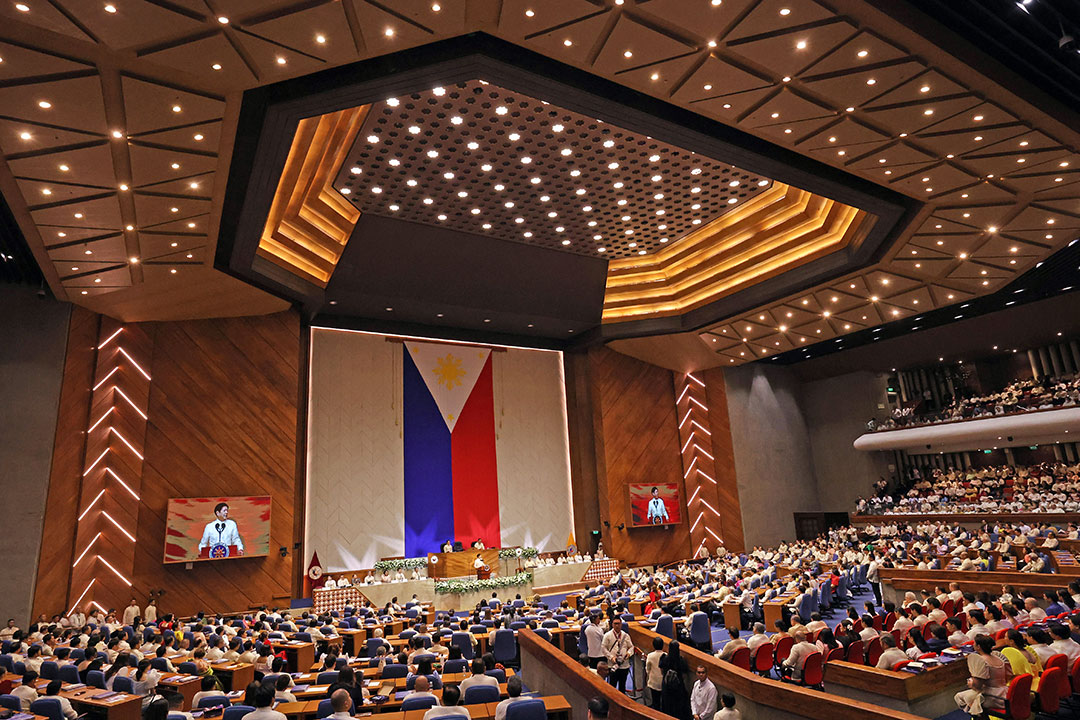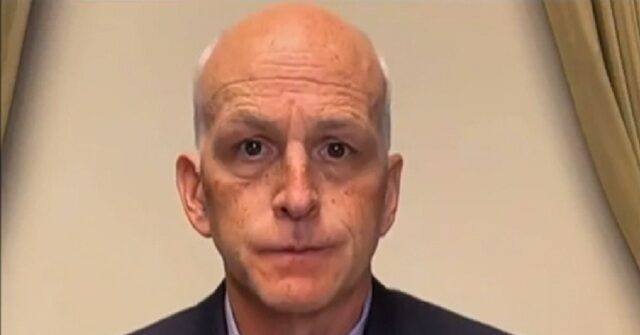Copyright Salt Lake City Deseret News

This article was first published in the On the Hill newsletter. Sign up to receive the newsletter in your inbox on Friday mornings here. Congressional staffers pull out loans, dip into savings as shutdown delays paychecks The shutdown is officially reaching the one-month mark and with it, there are several deadlines coming up this weekend that could leave millions of people at risk of losing their food stamp benefits. But it also means another thing for those who work on the Hill: They’ll be missing their paychecks. And it’s putting several of them in a bind. House staffers get paid monthly, meaning this will be the first missed paycheck of the shutdown, and it’s putting some financial strain on several employees who need to pay rent this week. I talked to more than half a dozen Hill staffers who say they are applying for short-term loans and dipping into their savings accounts to help cover the costs. Here’s what I’m hearing from those workers, who I kept anonymous so they could speak about their experiences comfortably. Several of the staffers are “looking into loans,” including from the Congressional Federal Credit Union, which is offering furlough solutions such as credit relief, personal loans, deferred payments, and more. But even that’s not a guaranteed strategy. At least two staffers told me their applications have been delayed due to backlogs, saying the bank is “overwhelmed” with people trying to get help. Now they’re worried they won’t be able to get loans in time to make their monthly payments. Here’s how one staffer put it: “We didn’t expect the shutdown to last this long, but now it’s definitely taking a toll. Some of my colleagues in other offices are really struggling, and at a certain point you just throw your hands up because what are we supposed to do? Rent and credit cards still have to be paid.” There’s a unique dynamic in Washington where almost anyone you meet is a federal staffer in some capacity, and that means dozens of these apartments and row homes are filled with congressional staffer roommates. And when all of the roommates aren’t being paid, that makes it difficult to make payments on time. “Everyone in my house is missing their paycheck this month, so that’s making rent a little tough,” another staffer told me. “I’m not looking into loans, but I am dipping into my savings more than I would like.” Another house is filled with three staffers and one person who works in the private sector, who ended up covering one of their roommate’s rent “as an IOU” until the shutdown is over. For those who aren’t taking the loans route, they’re dipping into those savings — and in some cases, retirement accounts. One senior aide told me they already pulled a loan from their TSP account while waiting on another loan from the Congressional Federal Credit Union to be approved. Other staffers are worried they won’t meet student loan payments because of the frozen funds, and another said they had been “holding off on buying groceries until the loan comes through.” And with no end in sight, staffers are telling me they’re worried about the weeks ahead. “Not having any clear indication on when this shutdown is going to end is very frightening, especially as it’s approaching the holidays,” one staffer told me. “D.C. is one of the most expensive cities to live in — a lot of Hill staffers make far below the average it takes to live comfortably in D.C.” She added: “It’s absolutely depleting morale on the Hill. Just because we’ll receive back pay doesn’t mean everyone’s bills stop. Who knows when the back pay will come at this point.” Because most Hill staffers have been deemed essential and are still working in the Capitol, they are guaranteed to receive deferred compensation under federal law. But the lack of funds until then will be a stretch. “We can probably do this month’s rent but my bank account will be nearly empty after that,” one staffer who lives with another Hill employee told me. Here’s hoping that things get figured out sooner rather than later. Hang in there, Hill folks. Stories driving the week Tariff takedown: The Senate voted to terminate the national emergency used to impose global tariffs on countries such as Canada and Brazil, offering a rare rebuke to President Donald Trump from members of his own party. Strategy shift: Top party leaders are adjusting their strategies as the federal shutdown enters its fifth week, signaling a desire among lawmakers to end the 29-day standoff while still positioning themselves in a politically advantageous position. And it’s resulting in what appears to be a tactic swap. Redistricting support: A new Deseret News-Hinckley Institute of Politics poll found that a plurality — but not a majority — of Utah voters continue to support the 2018 ballot initiative that created an independent commission to recommend new congressional maps, Brigham Tomco reports. Senators cautiously optimistic end of shutdown is near It’s been a whirlwind week for bipartisan negotiators in the Senate who have been working hard to find an off-ramp to the 31-day shutdown. The week started out with a bleak outlook for any solutions, but ended with ramped-up talks and an expectation that a deal could be just around the corner. While there is not yet a finalized plan, senators say there have been productive conversations that have increased their optimism. “I express optimism because whenever you’re talking, it’s better than not talking,” Sen. Gary Peters, D-Mich., said. Sen. Lisa Murkowski, R-Alaska, confirmed there are “talks about talks” happening, but stopped short of saying whether it would soon lead to a deal. “There is talking going on, but we need talks to yield results,” she told a group of us on Thursday. But whatever the deal may be, Senate Majority Leader John Thune, R-S.D., made this much clear: The government has to be reopened before anything else can happen. Quick hits From the Hill: SNAP recipients likely to lose benefits as shutdown expected to last through weekend. … Sen. John Curtis challenges Google executives on addictive algorithms. … Oversight Committee calls on DOJ to investigate use of autopen in Biden White House. From the White House: JD Vance and Erika Kirk honor late Charlie Kirk at ‘This Is The Turning Point’ tour. … 5 takeaways from Trump’s Thursday meeting with Xi Jinping. … Trump appeals felony conviction in New York hush money case. From the courts: Tyler Robinson to appear in civilian clothing with restraints in delayed court date. … This class action lawsuit could overturn California schools’ gender identity secrecy policy. What’s next The Senate will return on Monday evening when it could vote again on the bill to reopen the government. The House is not expected to return, although lawmakers remain on 48-hour notice.



